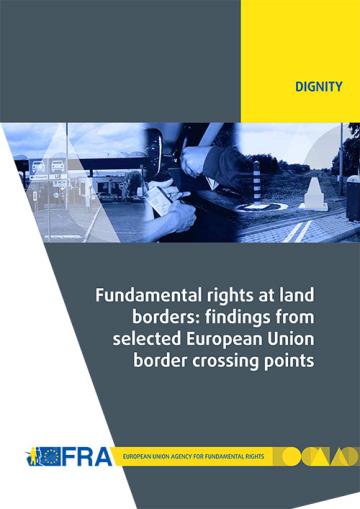Help us make the FRA website better for you!
Take part in a one-to-one session and help us improve the FRA website. It will take about 30 minutes of your time.

EU Charter of Fundamental Rights
Artigo 41.o - Direito a uma boa administração
1. Todas as pessoas têm direito a que os seus assuntos sejam tratados pelas instituições, órgãos e organismos da União de forma imparcial, equitativa e num prazo razoável. 2. Este direito compreende, nomeadamente: a) O direito de qualquer pessoa a ser ouvida antes de a seu respeito ser tomada qualquer medida individual que a afecte desfavoravelmente; b) O direito de qualquer pessoa a ter acesso aos processos que se lhe refiram, no respeito pelos legítimos interesses da confidencialidade e do segredo profissional e comercial; c) A obrigação, por parte da administração, de fundamentar as suas decisões. 3. Todas as pessoas têm direito à reparação, por parte da União, dos danos causados pelas suas instituições ou pelos seus agentes no exercício das respectivas funções, de acordo com os princípios gerais comuns às legislações dos Estados-Membros. 4. Todas as pessoas têm a possibilidade de se dirigir às instituições da União numa das línguas dos Tratados, devendo obter uma resposta na mesma língua.



